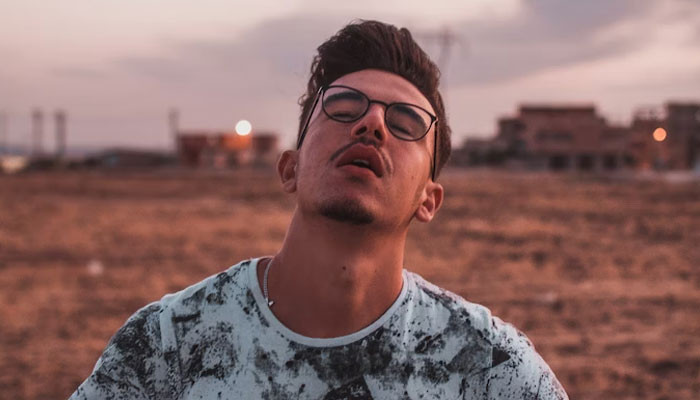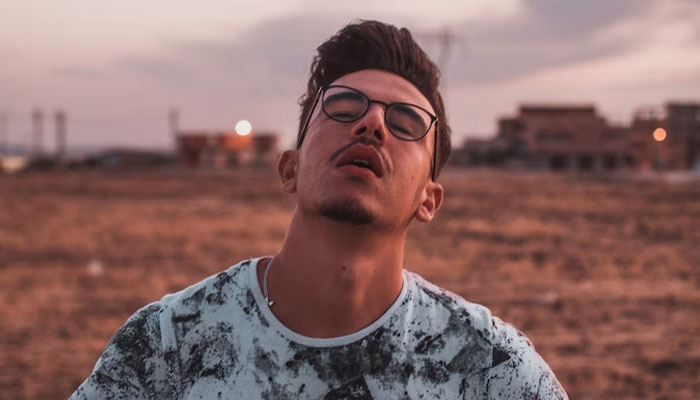Why do you feel lethargic specifically during heatwave?
You have probably been outside enjoying the sunshine as a summer heatwave sweeps the globe, but you may also have noticed that during a heatwave, you felt drained and exhausted. This could be because the sun was absorbing your energy while you were basking in it.
According to a doctor, feeling less energetic is a result of your body responding to the heat in a natural way. However, you should keep an eye on it because, when combined with other symptoms, feeling extremely exhausted is one of the signs of heatstroke or heat exhaustion.
There are also things you can do to help your body cope with the heat and prevent summertime sleepiness.
Speaking to The Independent, Dr Zulqarnain Shah, medical director at SSP Health and GP at SSP Health practise Colne Road Surgery, explained: “When the weather is hot, our bodies have to work harder to cool themselves down. The body’s natural cooling mechanism involves increasing blood circulation near the skin’s surface and promoting sweat production.”
Shah added: “These physiological changes can lead to fatigue and a feeling of lethargy. It is essential to recognise that this fatigue is a normal response to heat and is typically temporary.”
Heat exhaustion, a severe form of fatigue in hot weather, is caused by dehydration and overexertion, and symptoms include dizziness, weakness, sweating, muscle cramps, high temperatures, and a rapid heartbeat.
To combat these symptoms, individuals should be hydrated, cooled down, and provided with adequate fluids. If these precautions are not taken, heat exhaustion may develop into heatstroke, which is much more dangerous.
In an attempt to tackle the current heatwave, the National Health Service (NHS) in the UK recommends calling the medical emergency numbers because heatstroke is a medical emergency if someone is still experiencing symptoms after 30 minutes of resting in a cool environment and consuming fluids, including a very high body temperature, rapid heartbeat, shortness of breath, or confusion.
Dr Shah warns that poor sleep quality in the summer can be attributed to hot temperatures, which disrupt sleep. To improve sleep, he advises using fans, air conditioning, lightweight, breathable sleepwear, well-ventilated bedrooms, and lighter bedding.
During an excessive heat warning, the NHS advises preventing dehydration by keeping cool in scorching temperatures, drinking more cold drinks, and wearing light-colored clothing in cases of heat exhaustion and heatstroke.
It is also recommended to avoid sun exposure, closing windows, excess alcohol, and extreme exercise.
“Have cold food and drinks; avoid alcohol, caffeine, and hot drinks; and have a cool shower or put cool water on your skin or clothes,” the NHS suggests. “Wear sunscreen, a hat, and light clothes, and avoid exercise or activity that makes you hotter.”
For all the latest health News Click Here


